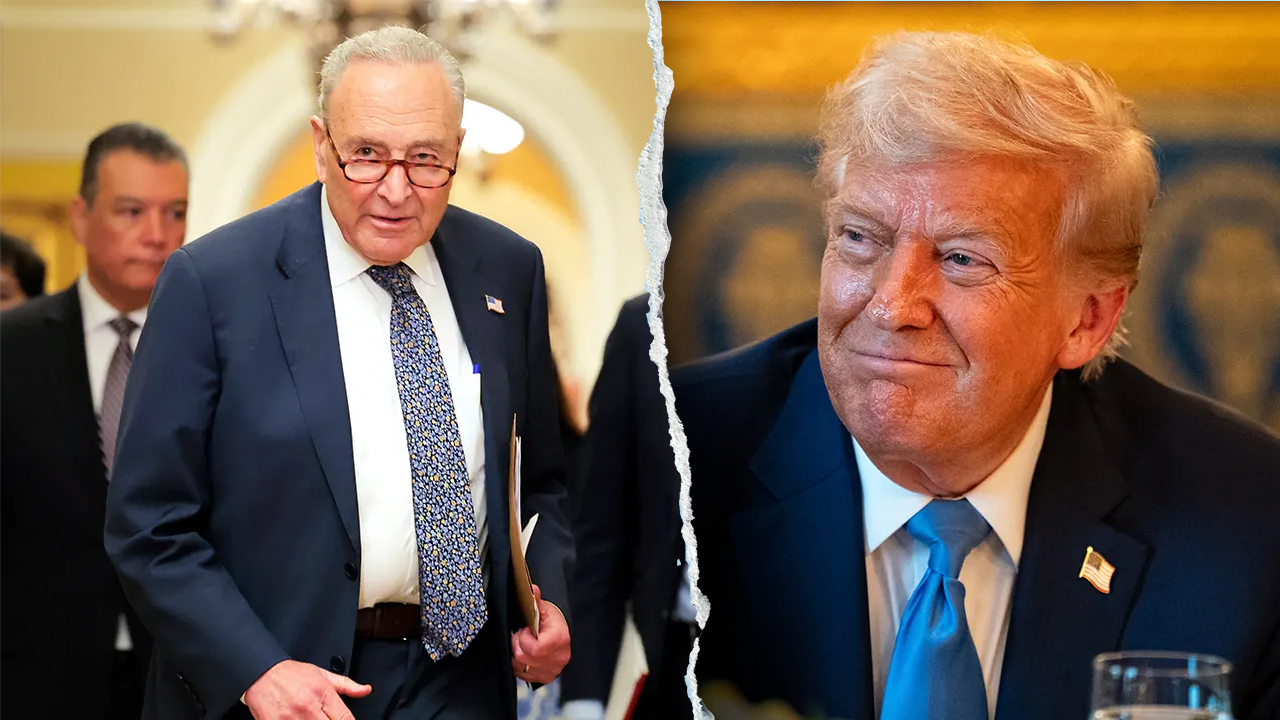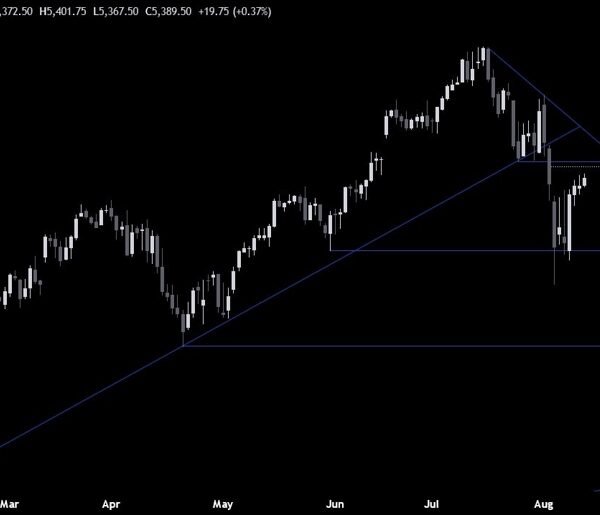
U.S. Trade Representative Jamieson Greer sounded a cautiously optimistic note on discussions with China on rare earth flows, following trade talks that further steadied ties between the economies.
Greer said the key industrial components were a focus of negotiations in Stockholm last week that Beijing said led to an extension of their tariff truce. Without going into detail, he said the U.S. secured commitments about their supply on CBS’s Face the Nation aired Sunday.
“We’re focused on making sure that magnets from China to the United States and the adjacent supply chain can flow as freely as it did before the control,” Greer said in the interview, which was taped Friday. “And I would say we’re about halfway there.”
That assessment came some four months after China imposed export controls on rare earth magnets—used in products from home appliances to missiles—in retaliation for U.S. tariff threats. Beijing has agreed to speed up their shipments after Washington suspended sky-high levies on Chinese exports.
U.S. President Donald Trump is set to make the final call on maintaining the tariff truce, which expires Aug. 12, Greer said.
“We’re working on some technical issues, and we’re talking to the president about it,” he said.
Flows of rare earth magnets from China to the U.S. rose to 353 tons in June, up from just 46 tons in May, according to the latest customs data. Total shipments were still substantially lower than before Beijing launched export controls in early April.
Greer earlier said Trump’s trade team hopes to be done discussing magnets with China, after he and Treasury Secretary Scott Bessent wrapped up a third round of trade talks with Beijing in the Swedish capital end of July. If the U.S. can get over the magnets issue, it can move to a further discussion of the U.S.-China relationship, he added.
The discussions have helped stabilize relations between the world’s two largest economies, although many frictions remain, including over the U.S.’ curbs on exporting advanced AI chips to its main competitor.
Beijing authorities on Thursday summoned Nvidia Corp. to discuss alleged security vulnerabilities related to its H20 chips. The Trump administration only recently pledged to drop export restrictions on the less-advanced technology to China, in a reversal that spurred talk of a potential broader deal with Beijing.
The Cyberspace Administration of China cited comments by U.S. lawmakers about the need to install tracking capabilities into advanced chips sold to other countries. The agency asked staff at the world’s most valuable company to explain potential risks and provide documents as needed, the CAC said without elaborating.















